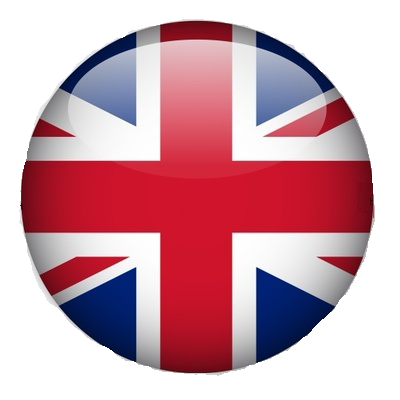Circus Program - Arts & Sciences Plateform
« Circus program - Arts & Sciences », presents the unique in Europe center for research and higher education dedicated to Circus arts in Paul-Valéry University, Montpellier 3 (France)
Since 1995, a series of research works as well as theoretical and practical classes in Paul-Valéry University Montpellier 3 (France) established the emergence of a brand new field of study — scientific research in circus arts.
Our RiRRA 21 (EA 4209) research Centre very actively promoted that still largely unexplored field by hosting and developing unprecedented cross-curricular research works.
Just like the circus, a multicultural and composite performance, our distinctiveness stems from our scientific diversity. Researchers in performing arts, fine arts, music, litterature as well as aesthetics collaborate and periodically invite experts from other human and social sciences fields such as arts, history, sport sciences, education, biology, medicine, or else cognitive sciences, to take an interest in circus arts and to contribute to many study sessions, symposiums and publications. Hence, the education offered in circus arts throughout the whole curriculum (Licence, Master, Doctorate, with a dozen defended or ongoing theses to this day) makes our University a unique in Europe centre for research and higher education in circus arts.
Those works are also made visible through the inter-university library’s great collection in circus arts (Label CollEx) with 2000 books, 2000 periodicals, hundreds of items and the online access via Foli@ of digitized posters, through a circus filmography now opened through a participatory approach, through the publication of scientific books on circus arts by the Presses Universitaires de la Méditerranée (PULM – Collection cirque) and of online articles in our Circus Sciences review too.
Highlighting further those works by onlining publications and digital data on our Programme cirque - Arts & Sciences platform helps expanding access to the area of digital humanities promoted by our institution. It also enables to consider particularly the work ethic in circus arts — history, public health, ethology and performing arts — and the social history of circus, thereby asserting the scientific nature of our university centre for research dedicated to Circus arts.
Scientific board
François Amy de la Bretèque (Cinéma, Montpellier 3)
Valérie Arrault (Arts plastiques, Montpellier 3)
Annick Asso (Litterature contemporaine, Montpellier3)
Marco Antonio Coelho Bortoleto (UNICAMP - Faculdade de Educação Física, Campinas, Brazil)
Denys Barrault (Médecine, Société française de médecine de l’exercice et du sport)
Luc Boucris (Scénographie, Grenoble-Alpes)
Guillaume Boulangé (Cinéma, Montpellier 3)
Dominique Jando (Circopedia, San Francisco)
Philippe Goudard (Cirque, Montpellier 3)
Gérard Lieber (Etudes théâtrales, Montpellier 3)
Louis-Patrick Leroux (Concordia University, Canada)
Alix de Morant (Etudes chorégraphiques, Montpellier 3)
Yvan Nommick (Musicologie, Montpellier 3)
Natalie Petiteau (Histoire, Avignon Université)
Thérèse Perez-Roux (Sciences de l’éducation, Montpellier 3)
Philippe Perrin (STAPS, ORL, Nancy)
Pierre Philippe-Meden (Cirque, Montpellier 3)
Béatrice Picon-Vallin (Histoire du spectacle et de la mise en scène, CNRS. Paris)
Gabriele Sofia (Ethnoscénologie, Grenoble-Alpes)
Marie-Ève Thérenthy (Littérature, Montpellier 3)
Karel Vanhaesebrouck (Dramaturgie, ULB, Bruxelles)
Nathalie Vienne-Guerrin (Études élisabéthaines, CNRS, Montpellier 3)
Emmanuel Wallon (Sciences politiques, Paris X)
Editors : Philippe Goudard , DSIN, Rirra21 and Conseil des composantes Montpellier 3


